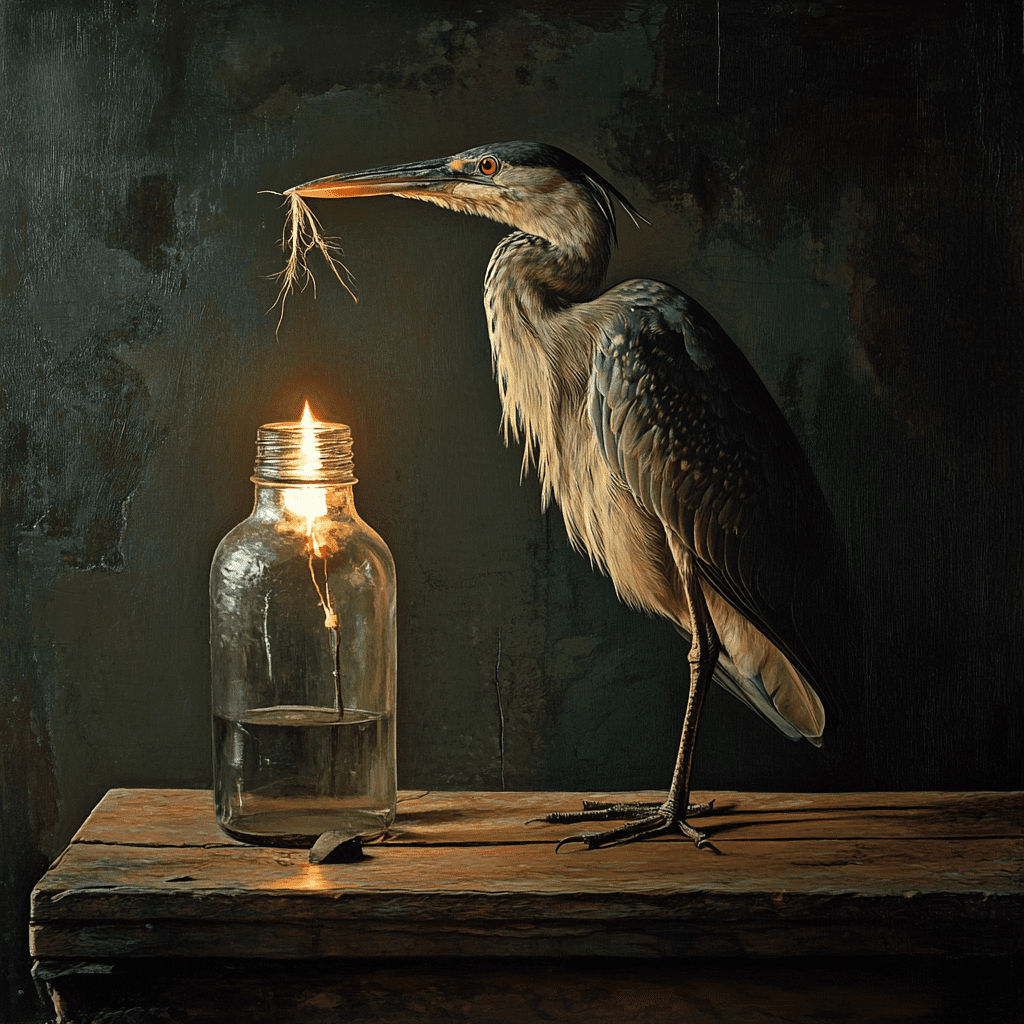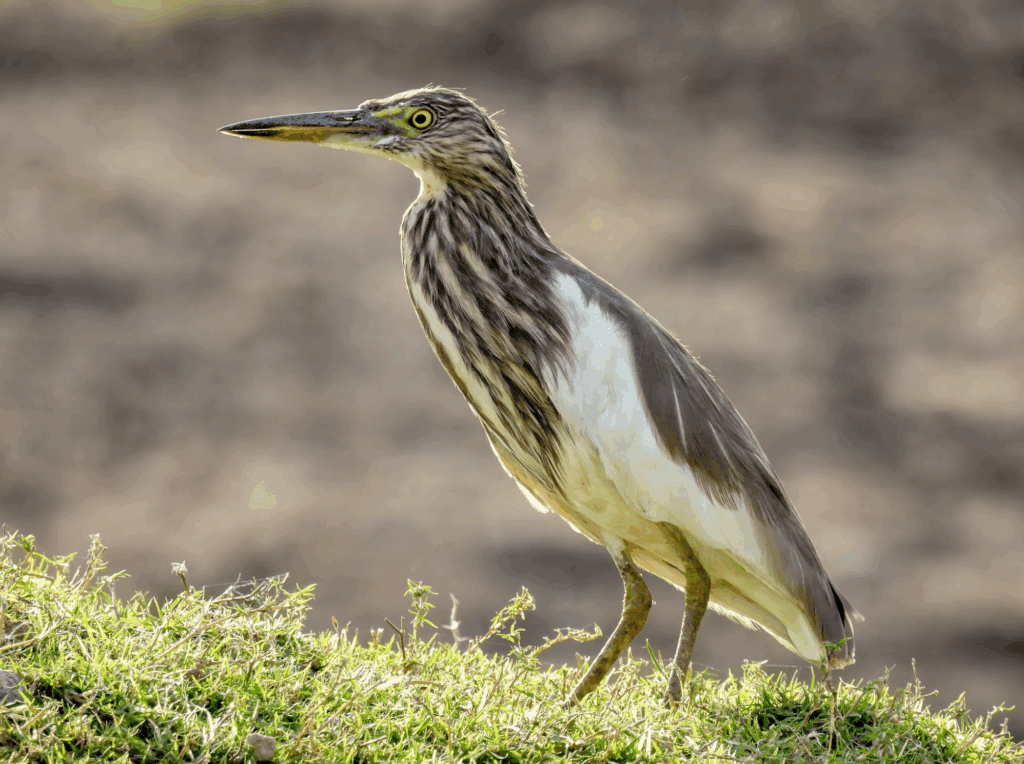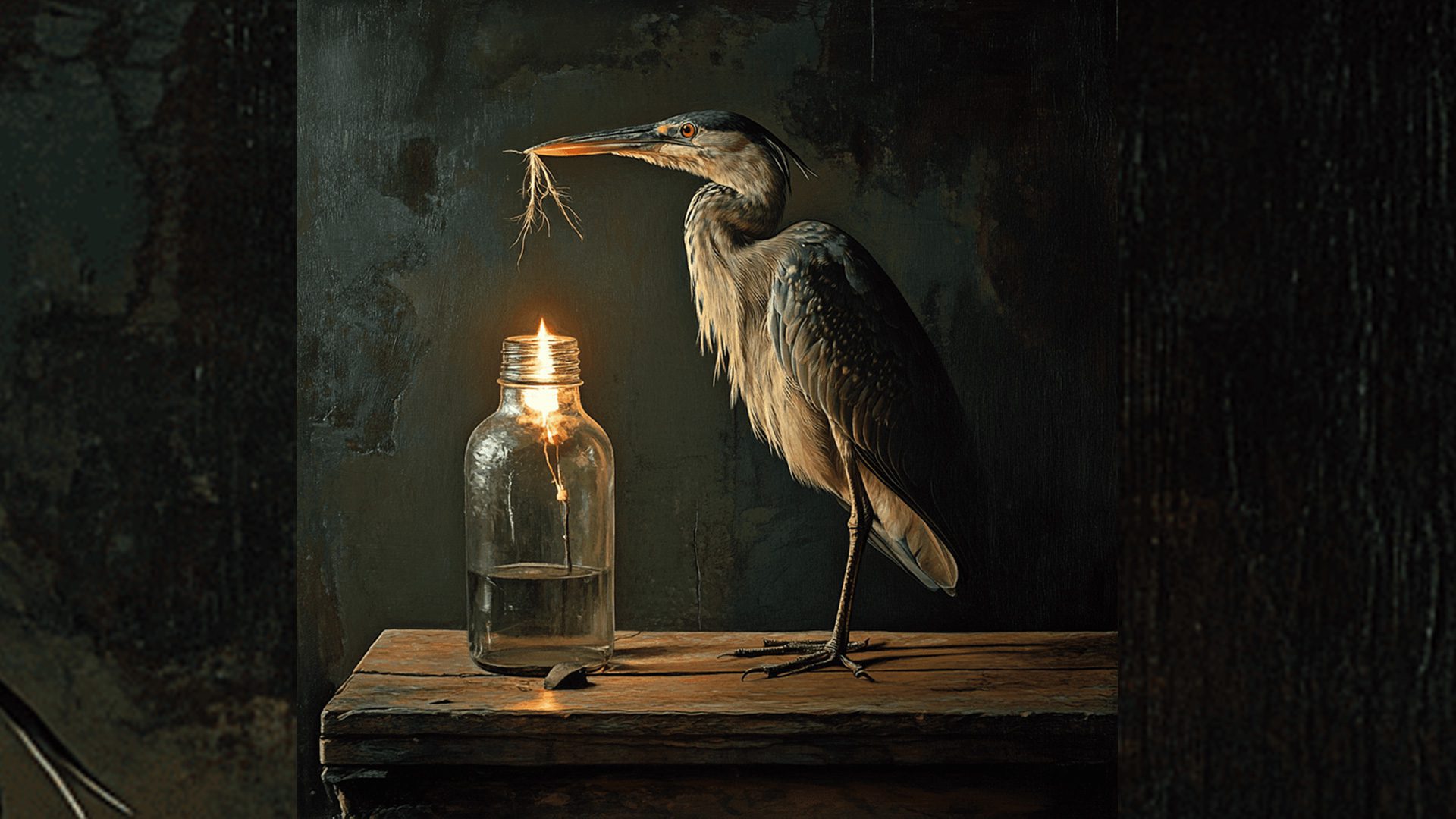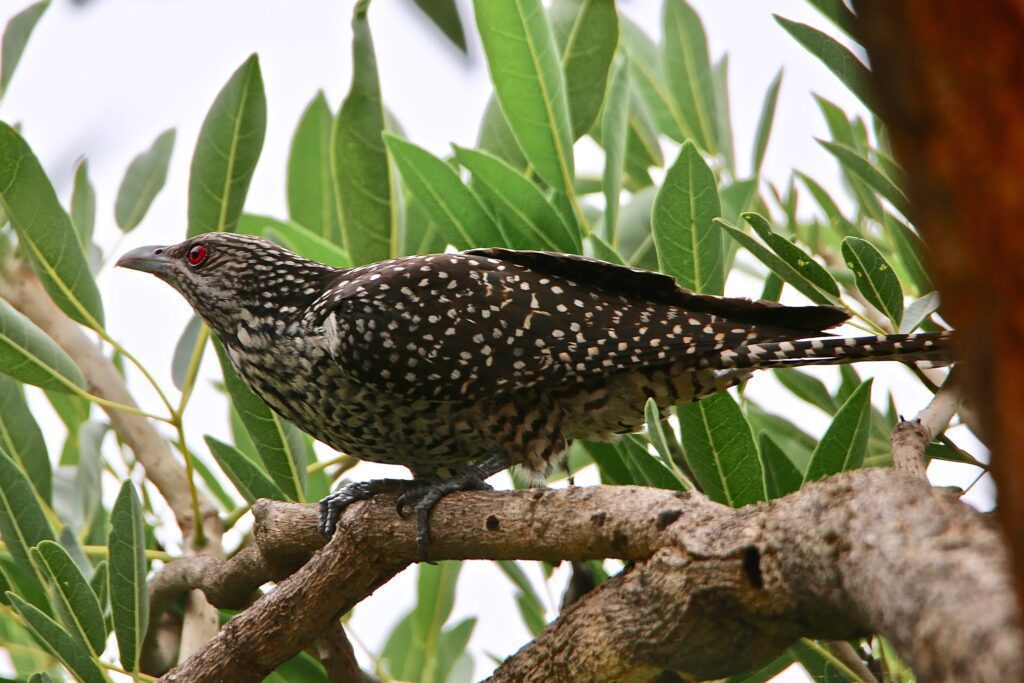
When our island, Fuvahmulah, was lush with vegetation and peaceful, birds flew freely across it. The pond heron was one of the most easily identifiable birds. We call it Raabol. Locally, the bird is known as Huvadhoo Raabondhi. The Maldivian Pond Heron (Ardeola grayii), a subspecies of the Indian Pond Heron, is one of the Maldives’ few endemic birds. Male Maldivian Pond Herons have larger and deeper bills than females, whose tarsi are shorter.
We heard that the bird was so kind that it could live in a house with humans. It would fly to freshwater lakes for food before returning home. This tale was true when my father brought home a juvenile pond heron. Hussainbe of the Mathegerangano household, and my father were good friends. They fished every day on Fuvahmulah’s reef flats and reef front. My father was a skilled spearfisher. Hussainbe was also a specialist fisherman, throwing cast nets with accuracy.
People used to visit the marsh areas around the freshwater lake known as kilhi for a variety of purposes, including collecting yam, cutting logs and sticks, and gathering necessary items for home or particular tasks. They went to fetch some sticks to do some yardwork around my house, like they normally do. Veedhado is what some people call certain parts of this area. In abundance, the area boasts yam fields, ferns, screwpine trees, jumbolan trees, banyan trees, Alexander laurel, mangrove trees, and many other trees.

While my father and Hussainbe were walking through the dense forest of Veedhado, they observed a pond heron flying over them and perching on a screw pine tree. They also heard birds giggle and chuckle. The noises came from a screw pine tree, so they ran that way. Hussainbe ascended the tree. Upon reaching the highest point of the tree, he looked around for birds. He saw three chicks in a nest. After grabbing one chick, he climbed down. My father and Hussainbe came to my house.
Every day, my father fed the bird with mosquito fish (fenamaha). It eventually began consuming coconut meat as well. They kept it on a wooden plank outside the home. They set up the wooden board about four feet above the ground to prevent cats from attacking the bird. They also placed a small roof directly above the wooden board to protect the bird. We also kept an ancient bottle lamp, known as a filhibathi, on the wooden board. At 6 p.m. every day, we would light the kerosene oil-powered bulb in the glass bottle to give the birds some light.
Every night, the bird slept in the specially designed wooden house. In the morning, it flew to the freshwater lake to look for fish. After finishing its meal, the bird returned to sit on the wooden board. We used to feed the bird with fish caught from the lakes. In a large tank built by my father, we housed mosquito fish (fenamaha) and tilapia fish (footumaha).
There was a swinging bed (indhoali) just outside the house, and the bird was courteous enough to sit on its horizontal wooden log. It would linger on the wooden log for a bit before landing on the ground. When someone sat on the swinging bed, the bird would approach their feet and engage in a friendly, joyful manner. “The bird would come into the living room and stay close to Zaki’s feet.” My mom talked about how the bird interacted with the late Prime Minister Honorable Ahmed Zaki, who lived with me while he was in exile in Fuvahmulah. That was probably 1982 or 1983.
“After interacting with him, it would leave the living room and sit on the wooden log of the swinging bed,” she told me. Zaki also gave the bird food like coconut meat. He would simply place some coconut meat on his hand, which we call heveli, and offer the bird. It would approach Zaki’s hand, and the bird would pick up the coconut meat and consume it.
The bird followed Zaki out of the home as he prepared to leave. It appeared behind Zaki and walked gently on the ground. The bird would fly and land on a nearby tree as Zaki walked out of the house and down the street. When Zaki entered a neighboring home, it followed him and perched on a nearby tree.
The pond heon would perch in a tree next to the house where Zaki visited and wait until he came out of the house. It accompanied Zaki until he arrived at my house and perched on the swinging bed. Zaki would often swim at Dhadiimagofanno Beach. The bird also accompanied Zaki. If Zaki was ready to take a long path, the bird would fly over him until he arrived at his destination. While Zaki was swimming at the beach, the bird would perch on a coconut tree and wait until he finished swimming. Thereafter, it would follow Zaki until he reached home.
My mother told me that the bird also followed me around the house while I was playing. “It flew around Yasir for a few seconds before landing on the ground and walking behind him,” my mother said of the wonderful bird she remembered. The bird was more affectionate with Zaki, probably because he spent the most of his time at home caring for it, feeding and interacting with the gorgeous pond heron.
The tame bird heron was a close comrade of ours. The intelligent bird would normally visit the freshwater lake twice a day. At night, it took shelter atop the wooden board. For six years, the gentle pond heron resided with us. It is one of the oldest memories I have. Around 1982, they sent Hon. Zaki back to Mal’e. Subsequently, the Maldives dispatched him to the USA as an ambassador.
Fuvahmulah’s two freshwater lakes are home to an abundance of this bird. Perched, it blends in seamlessly with its surroundings. Spotted along the water’s edge, its stunning white wings reveal its wonderful beauty. This bird is a real gem of the Maldives’ biodiversity.

